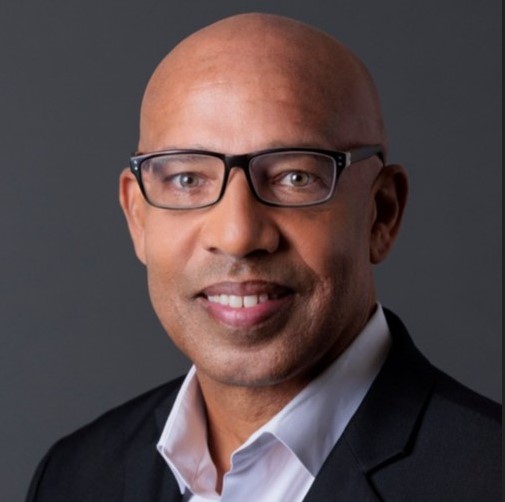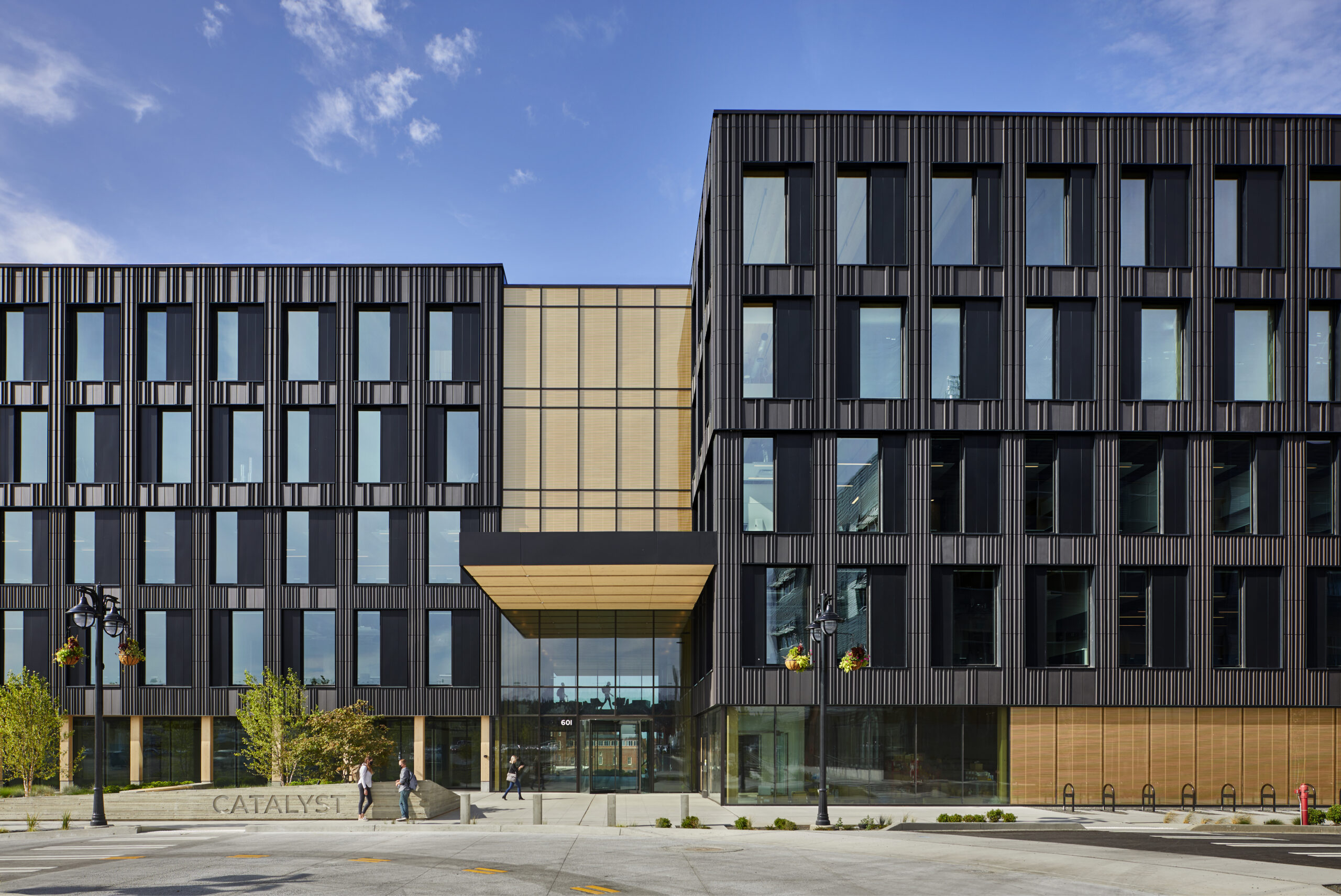Get to Know Building Performance Analyst: Dani Gardner

This Earth Month we celebrate the men and women who make our Action for Impact and decarbonization of the built environment goals possible. Inspired by her collegiate studies in civil and environmental engineering, Dani Gardner found her way to McKinstry nearly three years ago where she is currently a building performance analyst.
In the Q&A below, Dani shares her McKinstry experience as well as what we can learn from Earth Day traditions.
Learn More About Dani’s Experience
I found my way to my building performance analyst role here at McKinstry by studying civil and environmental engineering in college. After quickly realizing that “environmental engineering” in this context was sewage treatment, I felt bamboozled and started looking for other outlets of sustainability in the built environment. I always loved being outdoors growing up, especially camping with family and on school trips, so I knew I wanted to use my education to help preserve the environment. After interning with a project going for Living Building certification, I knew I wanted to be in the built environment sustainability space professionally. Now in my current role, I love having the ability to sway client decisions towards sustainable and financially smart options using data analytics and graphic design.
There is a lot of negative news in the media about climate change right now and that can feel really daunting. I think that generally throughout the year, it’s easy to say we know what is happening, but to ignore details because we just don’t have the mental capacity to think about it constantly. Earth Day leaves the time and space for us to celebrate the progress we’re making and talk about climate change in an urgent but positive light as more of a refreshing motivation. It is a reminder to us at McKinstry and clients that this is why we do what we do, this is why it matters, and that there is hope in our plan to do enough.
I was just having a conversation about this with a coworker. It comes back to this climate anxiety where a lot of people get overwhelmed by a constant stream of depressing news about the climate and become desensitized to it. I think the key to engaging people in climate solutions is to emphasize how connected every skill set is to the solution. It is not just a scientific problem, writers need to help people communicate crazy innovative ideas, artists need to spark urgency and interaction with everyone, not just people already immersed in the issue, musicians have roles to play too, benefit concerts or awareness raising lyrics. Everyone can contribute to solutions, and we will need everyone to if we want to change things. So do not feel like you have to love spreadsheets and math to help, but if you do, that makes as least two of us!
I have always learned about climate change in the context of helping the environment and natural world. It is incredibly telling of our leadership and company values that our pillars for the Action for Impact plan expand beyond that. We have a holistic view of how climate change is also inherently related to affordability of buildings and therefore resources for everyone, and systematic diversity. It inspires me that McKinstry has this greater view and that we make it a priority when the easy route would be to ignore it.
Some of our clients have sustainability goals focused solely on compliance. We help clients adhere to local, state and national energy legislation. We also have clients who come to us with specific targets that enhance the wellness of their students, stakeholders or citizens and also fulfill a responsibility they feel they have towards the greater community and world. In one of my recent projects there has been a strong focus on environmental justice. It is a term that is often used as greenwashing, and I was a little hesitant when this project began. It is exciting to see a client have so much focus on environmental justice and be challenged personally to make sure it’s not a greenwashing term and that we make specific decisions that aren’t relevant to other project or client goals. Whether it is integrating interns from certain communities, making sure commuter students and faculty are in the room for decisions that will affect them or other strategies, it has been interesting to put some action behind ideas I have learned about.
There are a lot of solutions to the problems we have in the world, and a lot of them seem overwhelming and impossible because of financial reasons, required effort or just a lack of care. I want to inspire others to accept that our goals are challenging but with a positive attitude and some brains, real challenges can be overcome. Not to simplify it, because these are complex problems we are solving, but a bit of hope and a can-do attitude goes a long way. The newer generation entering the workforce has a lot of passion, creativity and intelligence which translates into new ideas, solutions and energy in this industry. Let’s embrace the new and keep relying on the more experienced contributors to get after these daunting challenges.
Explore Other Insights

Dawson Ventures’ Lab Space
McKinstry’s new lab space redefines how we innovate and collaborate in the built environment. Located at our headquar…

McKinstry Adds Expertise to Environmental Health and Safe…
When speaking of what led Stephen to the world of Environmental Health and Safety (EHS), the first thing that comes t…

Industry Ecosystems Are Changing the Construction World
By Donald Chung, Program Director, Dawson Ventures Innovation Is Set To Transform the Construction Sector Innov…